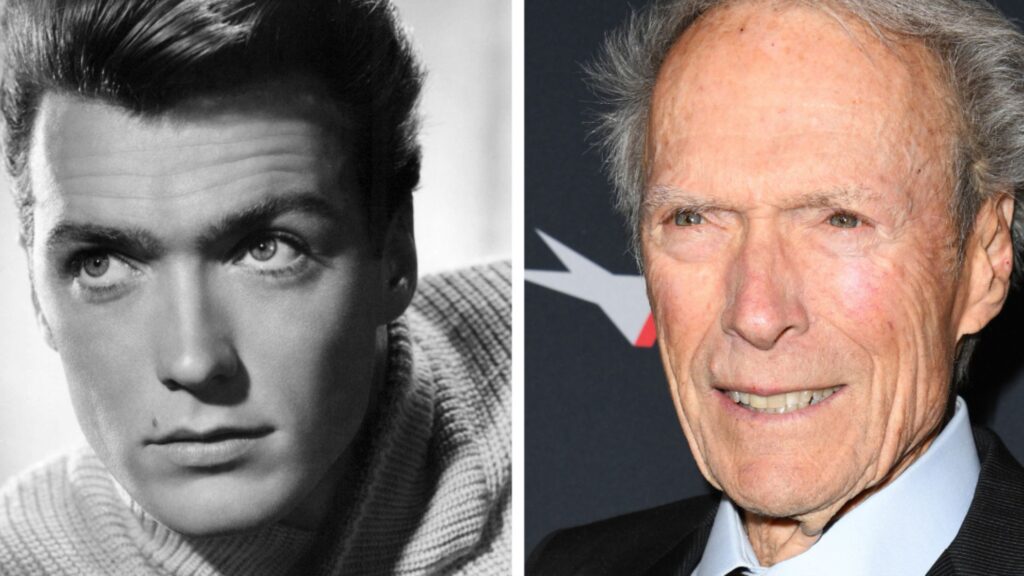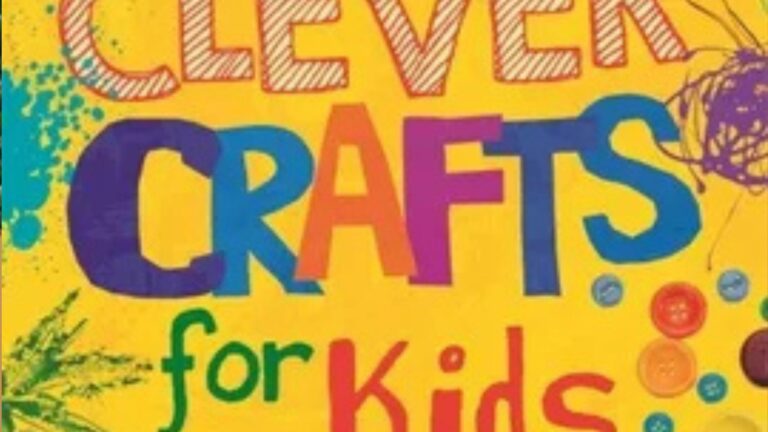
Clint Eastwood is one of the most enduring and influential figures in Hollywood. From his early days as a television actor to becoming an iconic filmmaker and an outspoken public figure, Clint Eastwood has earned a reputation as one of the most respected and versatile figures in the entertainment industry. Known for his powerful presence on screen and his keen directorial eye behind the camera, Eastwood’s career spans several decades and continues to thrive. In this article, we will explore the life and career of Clint Eastwood, his notable roles, achievements, and lasting impact on cinema.
Table of Contents
Early Life and Beginnings in Hollywood
Clint Eastwood was born on May 31, 1930, in San Francisco, California, to Clinton Eastwood Sr., a steelworker, and Ruth Wood, a factory worker. Raised in a working-class family, Eastwood grew up in various parts of California. He had a difficult childhood marked by financial struggles and constant moves, but his interest in music and acting soon became apparent. After attending several colleges, including the University of Washington and Los Angeles City College, he pursued a career in acting, taking odd jobs to make ends meet.
Eastwood’s big break came in the mid-1950s when he was cast in the television series Rawhide (1959-1965). Although he was not initially a star, the show’s success helped him gain visibility and paved the way for future opportunities. After Rawhide ended, Eastwood’s career took a major turn when he was cast as the iconic character of the “Man with No Name” in the trilogy of Spaghetti Westerns directed by Sergio Leone.
The “Man with No Name” and the Rise to Fame
Clint Eastwood’s true breakthrough came in 1964 when he starred in A Fistful of Dollars, the first film in Sergio Leone’s Dollars Trilogy. This film marked a pivotal moment in Eastwood’s career, as his portrayal of the “Man with No Name” turned him into an international star. The film’s success was followed by For a Few Dollars More (1965) and The Good, the Bad, and the Ugly (1966), both of which cemented Eastwood’s status as a leading figure in the Western genre.
Eastwood’s character in these films, a stoic, rugged anti-hero, became a hallmark of his career. The trilogy’s success not only elevated Eastwood’s profile in Hollywood but also helped redefine the Western genre itself. The films were known for their gritty realism, striking cinematography, and morally ambiguous characters. Eastwood’s performance resonated with audiences, and his image as a tough, silent hero was cemented.
Transition to Leading Roles in Hollywood
After achieving success in Europe, Clint Eastwood returned to Hollywood, where he became a major box-office draw. In the 1970s, he took on leading roles in action films and thrillers, including Dirty Harry (1971), a film that introduced the world to the iconic character of Harry Callahan. As a tough San Francisco cop, Eastwood delivered the famous line, “Go ahead, make my day,” which has since become one of the most quoted movie lines in history. Dirty Harry was a huge hit, and Eastwood went on to reprise the role in several sequels, solidifying his place as one of Hollywood’s leading action stars.
Eastwood’s success in Dirty Harry and other films, such as The Enforcer (1976) and Magnum Force (1973), showcased his ability to play morally complex characters who, though rough around the edges, upheld a sense of justice. These films not only helped shape Eastwood’s image but also allowed him to explore deeper themes of law, order, and personal morality.
Becoming a Director and Filmmaker
As his acting career continued to flourish, Clint Eastwood began to explore filmmaking. His directorial debut came in 1971 with Play Misty for Me, a psychological thriller in which he also starred. The film was a critical success, marking the beginning of Eastwood’s long and fruitful career behind the camera. Over the following decades, Eastwood would direct and produce a wide variety of films, ranging from action-packed dramas to poignant historical narratives.
One of Eastwood’s most significant films as a director was Unforgiven (1992), a Western that subverted many of the genre’s traditional conventions. The film, in which Eastwood also starred, tells the story of an aging outlaw who is drawn back into the violent world he left behind. Unforgiven was both a critical and commercial success, winning four Academy Awards, including Best Picture and Best Director. The film was a masterful meditation on violence, redemption, and the harsh realities of the American frontier. Unforgiven is often regarded as one of the best Westerns ever made and is a testament to Eastwood’s skill as a storyteller.
Notable Films and Awards
Clint Eastwood continued to direct and star in a wide range of films throughout the late 1990s and 2000s. Some of his most notable works include Mystic River (2003), Million Dollar Baby (2004), Letters from Iwo Jima (2006), and Gran Torino (2008).
Million Dollar Baby, a drama about a determined boxer and her relationship with her trainer, was one of Eastwood’s most successful films, earning four Academy Awards, including Best Director and Best Picture. This marked Eastwood’s second Oscar win for Best Director, further cementing his status as one of the industry’s leading filmmakers.
In 2006, Eastwood directed Letters from Iwo Jima, a companion piece to Flags of Our Fathers (2006). The film, which depicts the Battle of Iwo Jima from the perspective of the Japanese soldiers, was praised for its sensitive portrayal of war and earned several accolades, including an Academy Award nomination for Best Picture.
Other noteworthy films include Gran Torino (2008), in which Eastwood portrayed an elderly, racist Korean War veteran who forms an unlikely bond with his Hmong neighbors, and American Sniper (2014), a biographical war drama about Navy SEAL sniper Chris Kyle, which became a major commercial success.
Legacy and Influence
Clint Eastwood’s career is marked by a staggering array of accomplishments both in front of and behind the camera. Over the course of his five-decade career, Eastwood has directed, produced, and acted in more than 40 films, earning numerous awards and accolades, including four Academy Awards and a Lifetime Achievement Award from the American Film Institute in 2009.
Eastwood’s legacy is defined not just by his achievements but by his influence on the film industry. He helped redefine the Western genre, broke new ground in action cinema with Dirty Harry, and proved himself to be a masterful director with films like Unforgiven and Million Dollar Baby. His work continues to inspire both filmmakers and audiences around the world.
Clint Eastwood’s Personal Life
Clint Eastwood’s personal life has been as colorful as his career. He has been married twice, first to Maggie Johnson (1953-1984) and later to Dina Ruiz (1996-2014). He has several children, including actor and musician Scott Eastwood. Eastwood has often kept his personal life private but has occasionally spoken out on issues such as politics and social justice, particularly regarding his political independence and views on conservatism.
FAQs about Clint Eastwood
1. What is Clint Eastwood’s most famous movie?
Clint Eastwood is most famous for Unforgiven (1992), Dirty Harry (1971), and Million Dollar Baby (2004). These films are considered classics and have earned him critical acclaim.
2. Has Clint Eastwood won an Oscar?
Yes, Clint Eastwood has won four Academy Awards: Best Director and Best Picture for Unforgiven (1992) and Million Dollar Baby (2004).
3. How old is Clint Eastwood?
Clint Eastwood was born on May 31, 1930, which makes him 94 years old as of 2024.
4. What is Clint Eastwood’s most famous character?
Clint Eastwood’s most famous character is Harry Callahan, the tough San Francisco cop from the Dirty Harry series, known for the iconic line, “Go ahead, make my day.”
5. Is Clint Eastwood still working in film?
Yes, Clint Eastwood is still working in film. His most recent works include Cry Macho (2021), in which he also stars and directs.
6. What other careers has Clint Eastwood pursued?
In addition to acting and directing, Clint Eastwood is a philanthropist, musician, and former mayor of Carmel-by-the-Sea, California, where he served from 1986 to 1988.
7. What makes Clint Eastwood’s directing style unique?
Clint Eastwood’s directing style is known for its simplicity, focus on storytelling, and emphasis on realism. He often avoids elaborate special effects and instead relies on powerful performances and themes of morality, redemption, and human nature.





